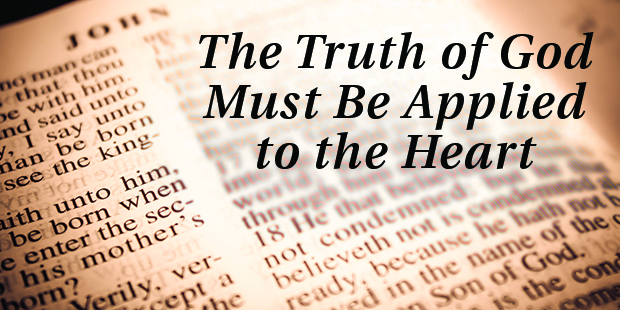
4 Foundations to a Simple Discipleship Strategy
As a football season is about to begin, imagine a head coach stands in front of the team he leads and, with great passion, declares, “Here is our strategy. We are going to win! We are about winning! Let’s go win!”
The team breaks from the huddle with no idea how they will win. Practice each day is a bunch of running around, hitting each other, and executing some basic drills. But as the first game approaches, the team has no clue what the game plan is. The team knows they are “in it to win it,” but lacks any direction on how they are to play as a team, what plays will be called, how those plays fit into an overarching team philosophy. What started as inspirational is now very burdensome. While winning may be the goal, the mission of the team, it is not a strategy. A big goal without a strategy will demoralize a team in the long run.
In the same way, church leaders who articulate the mission of making disciples without providing a strategy for accomplishing the mission can lead a ministry into frustration. Ministry leaders must not only preach the church’s mission of making disciples, but also must provide a strategy for how the church fulfills her mission.
What makes a good ministry strategy? In his book, Good Strategy, Bad Strategy, Richard Rumelt writes, “Good strategy almost always looks simple and obvious and does not take a thick deck of PowerPoint slides to explain. It does not pop out of some ‘strategic management’ tool, matrix, chart, triangle, or fill-in-the-blanks scheme.”
I agree with Rumelt; Good strategy is simple and this has implications for ministry leaders who seek to make disciples. There are at least four essentials in a simple ministry strategy to make disciples (articulated more extensively in Simple Church):
1. Clarity
People cannot engage in a strategy they do not understand. Understanding always precedes commitment, so a simple process for making disciples is straightforward and clear. The how must be articulated so people understand how all the church offers fits into the discipleship process.
2. Movement
Because discipleship brings us closer and closer to Christ, a discipleship strategy must seek to move people more and more into the image of Christ. A simple strategy utilizes the programs the church offers to move people towards greater understanding of Christ and greater commitment to Him. Instead of people being servants to programs, programs must be servants of a church’s discipleship process. In a simple discipleship strategy, programs are strategically placed along the discipleship process and used as tools to encourage people to be more and more like Christ.
3. Alignment
In a local church with a simple discipleship process, the discipleship process is embedded in every ministry in the church. Instead of a federation of sub-ministries that just happen to share the same facility, an aligned discipleship process moves the whole church in the same direction.
4. Focus
Without ruthless focus, ministries will always drift towards complexity and away from their essential core. A simple strategy can help a ministry stay focused on her core. Focus requires saying “no” to that which falls outside the discipleship strategy.
Leaders must remind people of the mission over and over again. But leaders must also ensure there is a strategy designed to accomplish the mission. A simple strategy is best.
Want to learn more about discipleship strategies for your church? Connect with an Auxano Navigator and start a conversation with our team.

Tags: Discipleship, Eric Geiger, Simple Church, simple discipleship




























